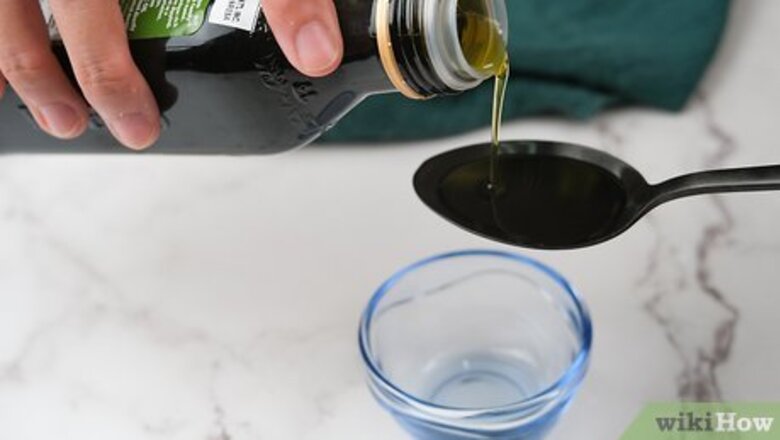
views
X
Research source
Through the years, people have found many ways to use olive oil as part of a facial care regimen.
Selecting and Protecting Olive Oil
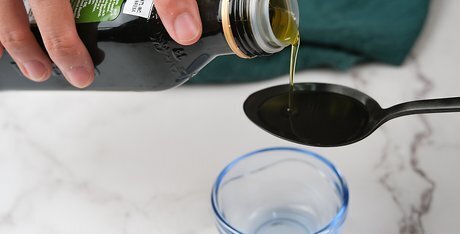
Choose the right oil. The are a number of different varieties of olive oil for sale at many supermarkets, and they are labeled with a variety of names, such as light, pure, virgin and extra virgin. These varieties differ in three ways: the process by which the oil was extracted, what was added to the oil before bottling, and the level of free oleic acid in the final product. For skin care, choose extra virgin olive oil. While refined olive oil may seem preferable because it is odorless, only unrefined olive oil such as the extra virgin variety contains the antioxidants, vitamins, and minerals that make it good for your skin.
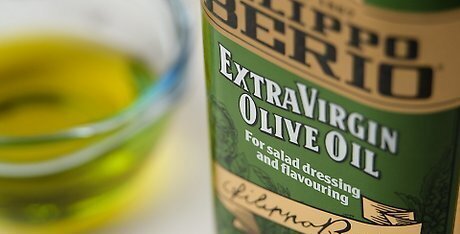
Verify that you’re buying the real thing. Studies have shown that up to 70 percent of supposedly pure olive oil is adulterated with lower quality oils such as sunflower or canola oil. To make sure you’re getting olive oil that really is what it says it is on the label, make sure your brand has been certified by the International Olive Council. In the U.S., the North American Olive Oil Association has established a seal of approval to indicate the quality of the olive oil you’re buying.
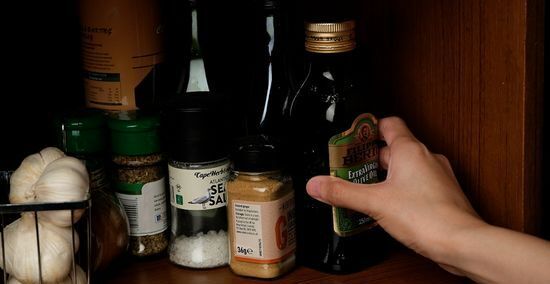
Store olive oil in a cool, dark place. Both heat and light cause oxidation, which can break down the beneficial components in the oil. Oxidation happens over time. Rancidity primarily affects the taste of the oil, but it will also degrade the quality of the vitamins, minerals, and antioxidants in the oil.
Cleansing with Olive Oil
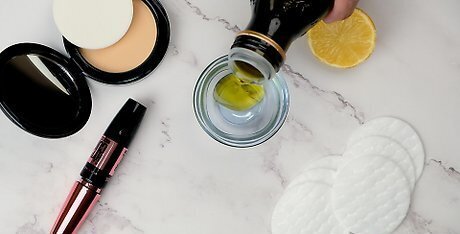
Use the oil cleansing method. While it may seem counterintuitive, olive oil is a great way to clean your skin. This is because, as the teacher said in chemistry class, “like dissolves like.” So the olive oil will dissolve surface dirt and oil more effectively than most store-bought facial cleansers, which are water-based. Olive oil is non-comedogenic, which means it does not clog pores, so it can be used safely by people with all skin types.
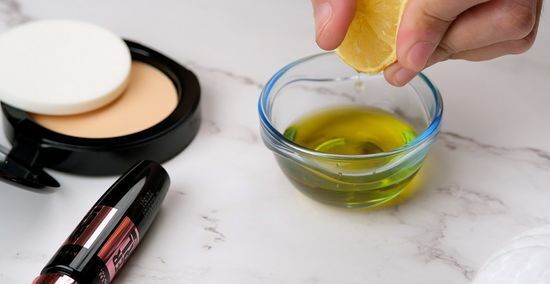
Remove makeup. Olive oil can be used to remove makeup on its own, or you can add a little lemon juice to help prevent breakouts at the same time. Lemon juice helps treat acne because it is a disinfectant, which can destroy the bacteria that cause breakouts. Olive oil can also be mixed with aloe vera water to provide extra hydration and to soothe irritated skin while removing makeup. Because it is less abrasive than chemically based makeup removers, olive oil is the preferred makeup remover for people with sensitive skin or who are allergic to ingredients in store-bought removers.
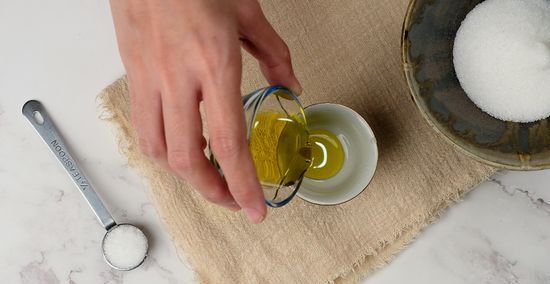
Exfoliate. Mix olive oil with sea salt or sugar to create a natural exfoliant. Mix about a tablespoon of olive oil with ½ teaspoon of salt or sugar, apply to your face, and then rinse with warm water. Sugar is less abrasive than salt, so use sugar if you have sensitive skin. Brown sugar is even softer than white granulated sugar, so it is best for really sensitive skin.
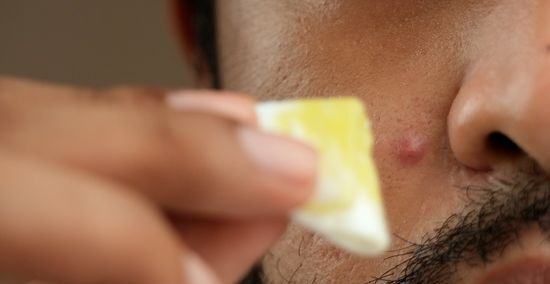
Treat acne. Olive oil has several properties that make it an effective treatment for acne. Olive oil is also a natural antibacterial, so it can prevent bacteria from exacerbating your acne. Olive oil’s anti-inflammatory properties help to soothe the swelling and redness that accompanies acne.
Enhancing Your Skin
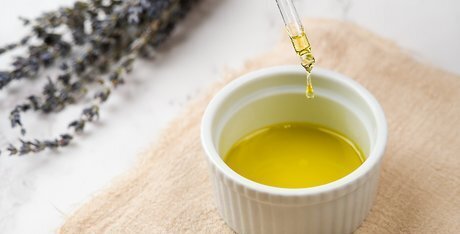
Moisturize. Olive oil is a more effective moisturizer than many commercial products, which tend to be water-based. You can massage olive oil into the skin by itself, or you can combine it with other substances. For example, you can add a fragrance by mixing in lavender oil, rose water, or lemon verbena. Olive oil can even be used to soothe more serious skin conditions such as eczema.
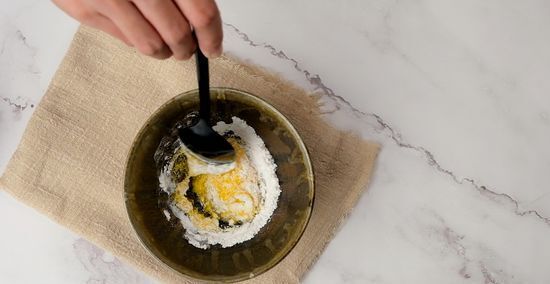
Create a mask. Olive oil can be combined with a number of other natural products to create a face mask. The effect of the mask will vary based on the other ingredients. For dry skin, mix a half a tablespoon of olive oil with an egg yolk and a tablespoon of flour. If the paste is too viscous to spread, add more oil. Spread over your face and leave on for 20 minutes to moisturize.
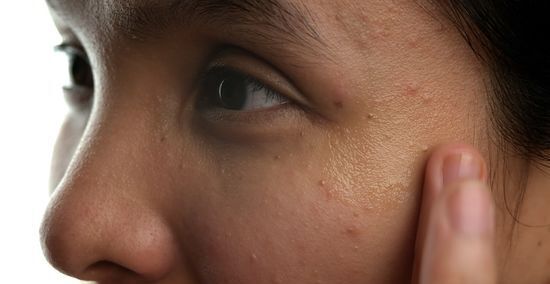
Reduce wrinkles. Olive oil can enhance your skin’s elasticity, which reduces wrinkles. Dab the skin around your eyes with olive oil before bed or first thing in the morning. If you keep the oil in the refrigerator, it will be thicker and feel more like a cream.
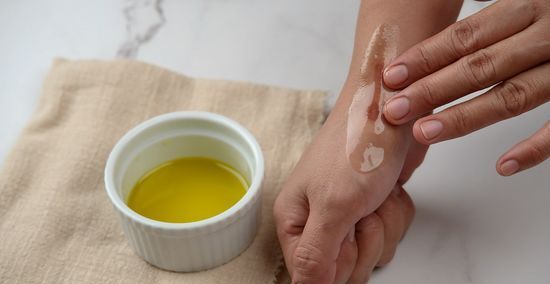
Help scars fade. The vitamins and minerals in olive oil help skin cells regenerate. To help scars lighten and fade, massage olive oil into the scar for about five minutes, and leave it on for about 10 minutes before gently wiping it off. Adding a little lemon juice or hydrogen peroxide can help as well, especially with hyperpigmented scars. Just avoid the sun after application, lemon juice can turn skin red when exposed to sunlight.




















Comments
0 comment